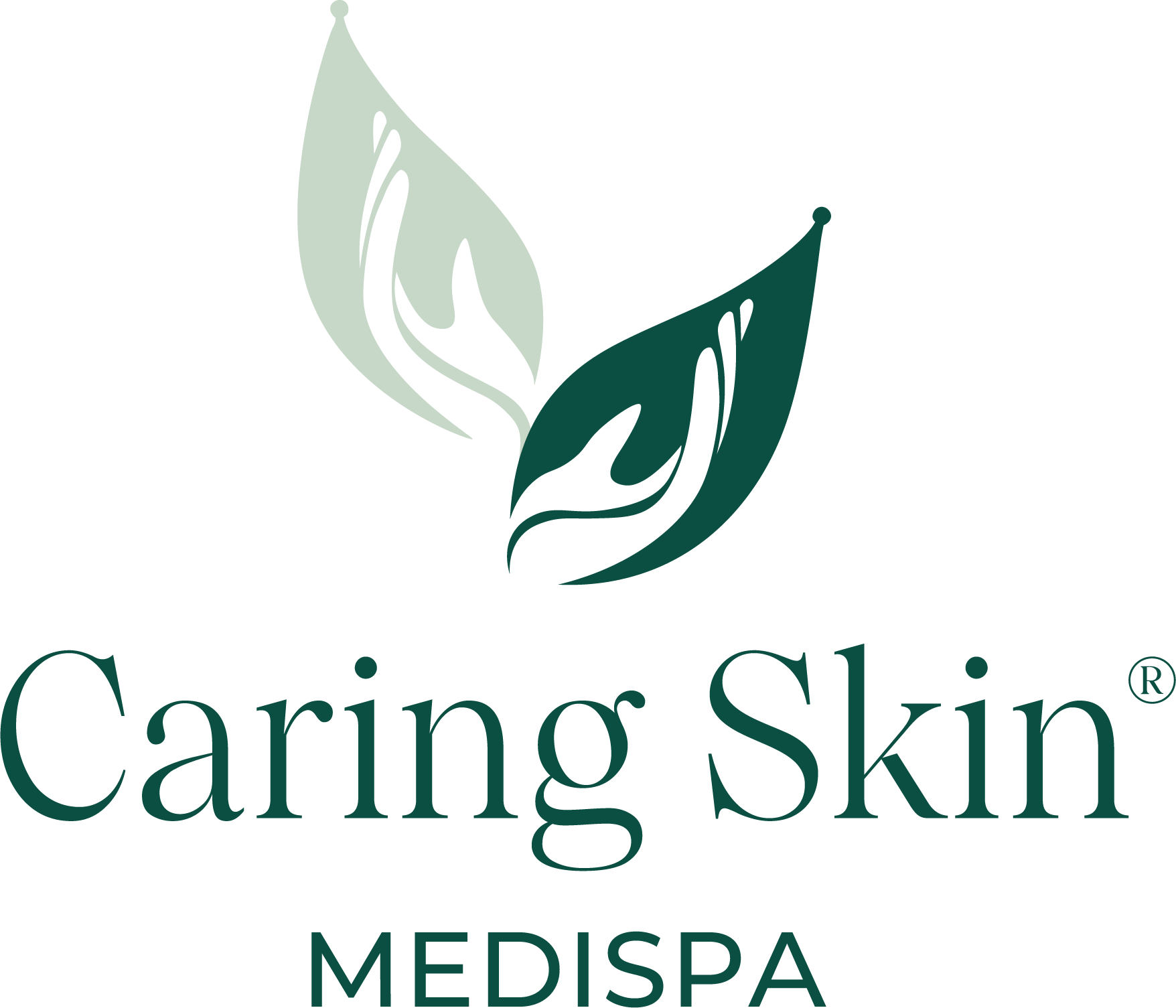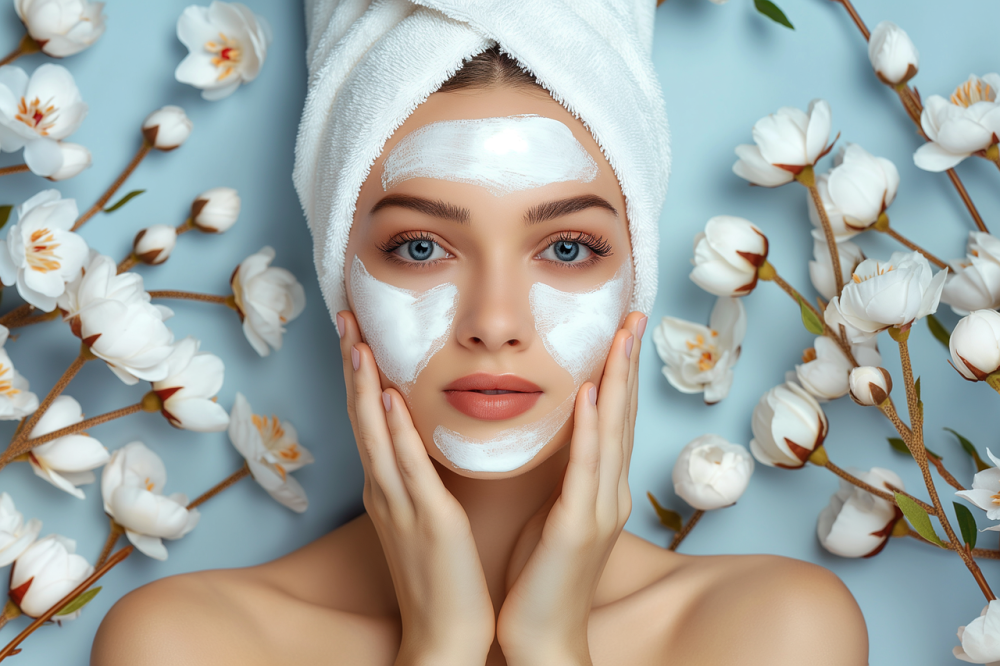Viral skincare hacks
We all sometimes fall for a life hack that seems too good to be true. We get it; we also get curious if these hacks will actually do what they claim to do. But, we shouldn’t make any compromises when it comes to your skin. Some of these skincare hacks can actually cause more harm than good to your skin in the long run. Let’s lay down the facts on some viral skincare hacks and decide if we should like it or cancel it.
Using lemon juice on your face
This is a hard Cancel from us. We’d seen many people on social media mix up their own DIY face scrubs and the main ingredient is usually lemon juice. And sure, many products in the market include lemons or citrus fruits in them to make you feel refreshed and revitalised. But this is not the same as putting raw lemon juice on your face! Lemon juice is highly acidic and disrupts the pH balance of your skin immensely. In the worst cases, it may cause severe damage to your skin and leave your skin feeling raw and irritated.
But why are people putting lemon juice on their skin? Lemons are a great source of vitamin C, which is a good antioxidant, and citric acid, a chemical exfoliant that helps break down dead skin cells that causes non-inflammatory acne like blackheads. Lemons are also known to help with anti-aging and lightening age spots or acne scars.
But, have you noticed that some lemons can be more sour than others? This is because the acid and mineral content of lemons differ from fruit to fruit. You can’t be sure of the percentage of the acids and vitamins in each lemon, so even if you’re using fresh lemon juice, there is a high chance that you may not even see results before your skin starts burning!
Instead, use a proper vitamin C serum or skincare products with vitamin C in them if you’re looking to get the benefits of citrus on your skin. These are lab formulated to be safe on your skin and will contain the right percentage of ingredients that we can be sure you can see results.
Double cleansing
If you wear makeup regularly or go out often, one cleanser may not be enough to remove all the layers of product, sweat, oil and dirt upon the outer surface of your skin. The reason is that many makeup products are oil-based and many cleansers you can find are water-based. As water and oil don’t mix, water and one type of cleanser may not cut through the layers of gunk.
Double cleansing then refers to using an oil-based cleanser first (like cleansing balms or cleansing oils), followed by a water based cleanser (like gel or milk cleansers) as the cleanse step of your home routine. The oil-based cleanser first gets rid of the oil-based impurities like makeup, sebum and oils, while the water-based cleanser then comes in to wash away the remaining impurities like sweat, dirt and such.
This method can be beneficial for oily skin types with blackheads or congested pores, or those who spend a lot of time outdoors (with ample time to accumulate these impurities on your face), as double-cleansing provides an all-round cleansing routine that targets all types of grime.
So we’re pressing a Like on double cleansing, but watch out for your skin as over-cleansing may lead to excessive dryness.
Detox water or fruits-infused water
We know the one; pretty berries and citrus slices floating in a clear, ice-cool water bottle. We’ve made a post about it previously too. All things short, we’ve pressed a Like on the detox water trend. As we know, sugars (especially the bad kinds) can do a number on your hormone levels and cause some types of acne. Detox water has fewer calories as compared to other sugar loaded drinks, making it a healthier alternative and keeps your body hydrated.
With that being said, detox water is not an all-in-one method for weight loss, slimming and whatever else they claim to do. Unlike blending or juicing, the nutrients from detox water are actually rather minimal and highly inconsistent, so you’d be better off consuming the fruits in its entirety rather than immersing them in water.
Taping raw potato slices to treat acne
… what?
We’re stumped by this too. But, a sizable number of users online have been claiming that this method works - as bizarre as it sounds to tape raw potato onto your face (you’d probably look bizarre too).
Well, it could be because potatoes are a source of salicylic acid, which is a great ingredient found in exfoliating products and beneficial in treating acne, according to clinical dermatologist Dr Muneeb Shah. It doesn’t mean that this method is effective, since little clinical research has gone into the benefits of raw potatoes and skincare, he adds.
Be it as it may, we still stand by our decision to Cancel this trend. Dr Shah explains that this method of erasing acne is not beneficial in a professional sense. It’s not practical either; you’d have to depend on the slim chance that you are not meeting anybody that day. We recommend sticking to your skincare routine, or use exfoliators formulated with actual salicylic acid for more effective and safer results. Another method is to go for a well-rounded facial session that provides your skin with effective ingredients that can help calm down your acne skin.
Viral skincare hacks
In short, while social media can be a great tool in making skincare recommendations and advice more accessible, it can be riddled with misinformation. This can fill us with false hope, make problems worse, or be even dangerous, especially when it comes to your skin. Many of these hacks are based on anecdotes and may not be backed by scientific evidence.
Save yourself the trouble and check out our blog for skincare advice that can help you on your road to healthy, glowing skin. If you want to take it a notch higher, drop by our outlets and our friendly Caring Angels can give you a thorough analysis on your skin and help you determine what you can and should be doing to keep your skin fresh and Instagram-ready.








